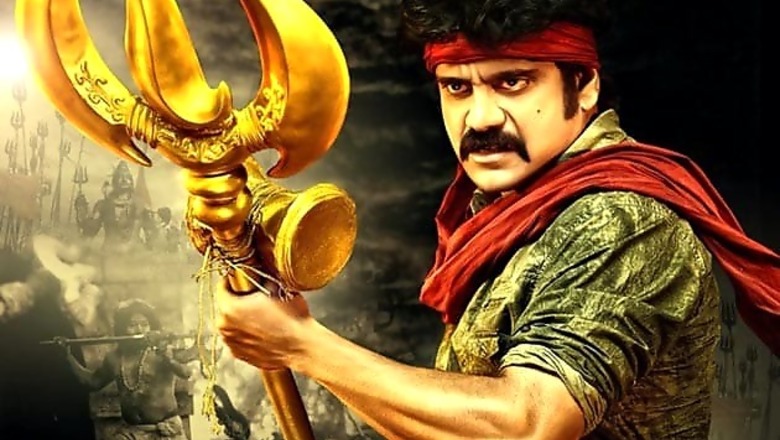
views
Devi Sri Prasad's 50th album is unique from his usual run-of-the-mill compositions, but not his best. As a fan of the composer, the listener will be satisfied, but as a music lover, one doubts if this album would live up to listeners' expectations.
There are 10 songs in the album, sung by as many as 13 singers. The album has good mix of melody and folk numbers. Shankar Mahadevan leads the list with two tracks to his credit, while the other singers have one song each.
'Bhoonabhontaalake', the first song of the album, sounds like a religious offering to lord Shiva. The recurring Shankara word in the track, sung well by MLR Karthikeyan, adds a nice ring to the song. It is intelligently mixed with the sound of damru, almost playing from the beginning to the end of the song.
The second number, 'Dheemtana' by Shankar Mahadevan, is a slow, god-pleasing number that may attract attention with visuals, but it isn't as appealing as one hears it. It's a passable track with a pleasant mix of tabla or dhol and occasional damru.
'Kanyakumari' is the kind of number you ought to hear from Devi. Aptly sung by Jaspreet Jazz and Sunitha, this song will woo with its lyrics and may qualify as the best duet in the film. Devi perhaps composed this song keeping Baba Sehgal in mind because Jaspreet sounds so much like Baba, that you can easily be tricked if you're listening to it for the first time.
A song that could almost put you to sleep is 'Laali laali' by Gopika Poornima. Devi recounts this number as his best ever composition and I couldn't agree more with him. The rhythmic soul of this song sweeps you off your feet. The unparalleled collaboration of Devi, Gopika and lyricist Chandrabose make this song special with its brilliant composition.
'Nesthama nesthama' is yet another duet from the album that deserves to be heard on loop. The first few lines of the song display Devi's ability to play with strings, which he doesn't show quite often. The voices of Sri Krishna and Harini serve as a perfect icing on the cake.
The next two songs from the album, "Omkaram srusthi" and "Pancha graha kootam" will drag you into the pious mood of the film. These songs are proof to the heavy use of damru throughout the album. Both the songs have some inspiring Sanskrit lines and are equally well sung by Venkat Sai and Karthik, respectively.
The next track in the album, 'Reppalapai', crooned by Hariharan and Myriad Pro are reminiscent of archaic duet numbers. No matter how many times you listen to this track, it only graduates as a song of the 1980s and 1990s, but fails to make an impact. The constant use of variety of dhols throughout will quickly lead to the conclusion that the composer didn't innovate with the music.
Charmi Kaur shakes a leg to this number on screen with Nagarjuna, and it's sure to draw lots of eyeballs, but unfortunately 'Sakku Bhai' crooned by Mamta Sharma is not even close to 'Kevvu keka' from 'Gabbar Singh'. Although Devi's pick of instruments transform this ordinary number into a memorable, hummable piece of music, but the song is still as senseless as it can get.
Someone once said wisely - patience is virtue. You have to listen to nine tracks to enjoy this gem called 'Shiv shiva' by Shankar Mahadevan. You don't need time to let this song sink in because it does the very first time you listen to it. This is the fourth number in the album dedicated to lord Shiva, and as the title suggests, there's so much of damru to look forward to.


















Comments
0 comment